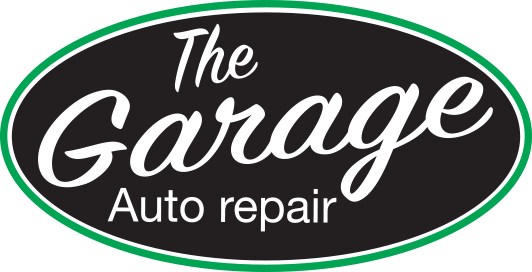Making Sense of Auto Repair Costs
Imagine your mechanic just called with an estimate. He gives you the price of the parts you need to order and a different price for the labor. He explains what he needs to repair, making it sound as if it’s common knowledge. And now you need to make a decision. You’ll probably feel better about saying, “Sure, get it done,” if the whole experience is less confusing. Here are some keys to understanding your mechanic’s estimate the next time your car needs fixing.
Making Sense of the Estimate
Normally, an estimate is broken down into five parts: Customer and Vehicle Information, Parts, Labor, Miscellaneous Charges and Flat Fees, and Summary of Charges. If all of these are accounted for and are itemized, there won’t be any hidden costs.
Customer and Vehicle Information
Simply put, this is your personal information, vehicle’s specifics, what seems to be going on, and the repairs required.
Parts Charges
This section details the parts needed to fix your car and their cost. It’s good to know the four types of parts so you don’t pay too much.
- New Original Equipment Manufacturers (OEM) parts are manufacturer-made, specifically for your car. They’re normally the most expensive, but often also the highest quality and worth the price.
- New but aftermarket parts are made by someone other than the manufacturer. Some are just as good as OEM parts but less expensive. Watch out, though. Some are lower quality parts and aren’t worth the lower price. A trustworthy mechanic can help you choose reliable aftermarket parts.
- Remanufactured parts are OEM parts that have been rebuilt. Depending on how well it’s rebuilt, you might get a part just as reliable or you may not.
- Used parts are usually lowest in cost and are purchased from a salvage yard. Most reputable mechanics use these as a last resort.
Note: Most shops add an additional percentage to the cost of a part. Keep in mind, they have to pay to store parts on their shelves for your model and many others. There are also other overhead costs that keep an auto shop going, such as equipment maintenance, utility bills, mechanic certifications, and other costs associated with being in business.
Labor Charges
The Labor charge is how much per hour the mechanic charges to work on your car. These costs can range between $50 and $150 per hour, depending on the shop’s specialization, the region of the country you’re in, and the work being done. This charge should be clearly shown on the estimate.
The estimate should also list how many hours the repair is expected to take. This is called “book time” and is based on how long it takes factory technicians to do the job and how long it is estimated to take the shop’s mechanic to do the job. If no book time is listed, ask to get it in writing.
Mechanics that specialize usually charge more, but this can end up being easier on your bank account. Specialists usually diagnose and repair a problem fast, using just the right parts in record time. Non-specialists who are not up to speed on a particular repair could end up doing more trial and error work, resulting in more labor time and higher costs. Make sure your mechanic is well trained on your car model and repair needs.
Miscellaneous Charges
These fees include special chemicals or other materials required, as well as hazardous waste charges imposed on the shop by regulations. If you’re not sure about this part of your estimate, don’t be afraid to ask about it.
Summary of Charges
Last of all, look at the summary of charges. This is the total of all of the estimated costs in repairing or servicing your vehicle. Double check to make sure it adds up.
Estimates vs. Actual Invoice
No matter how much you understood the estimate at the beginning, it can still be different than the invoice you receive at the end. Why? Because it was an estimate.
Sometimes a mechanic starts making repairs and discovers additional things he needs to address before he can fix your car. Your mechanic should let you know this before he does anything so you can make a decision about the additional cost.
Obviously, there’s a lot to auto repair costs. Hopefully after reading this, you’ll understand your mechanic better the next time he starts rattling everything off. The Garage Auto Repair is happy to give you an estimate that’s easy to understand any time you need help getting back out on the road. Call us at 918-806-2709.

